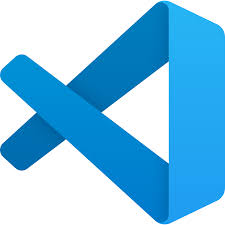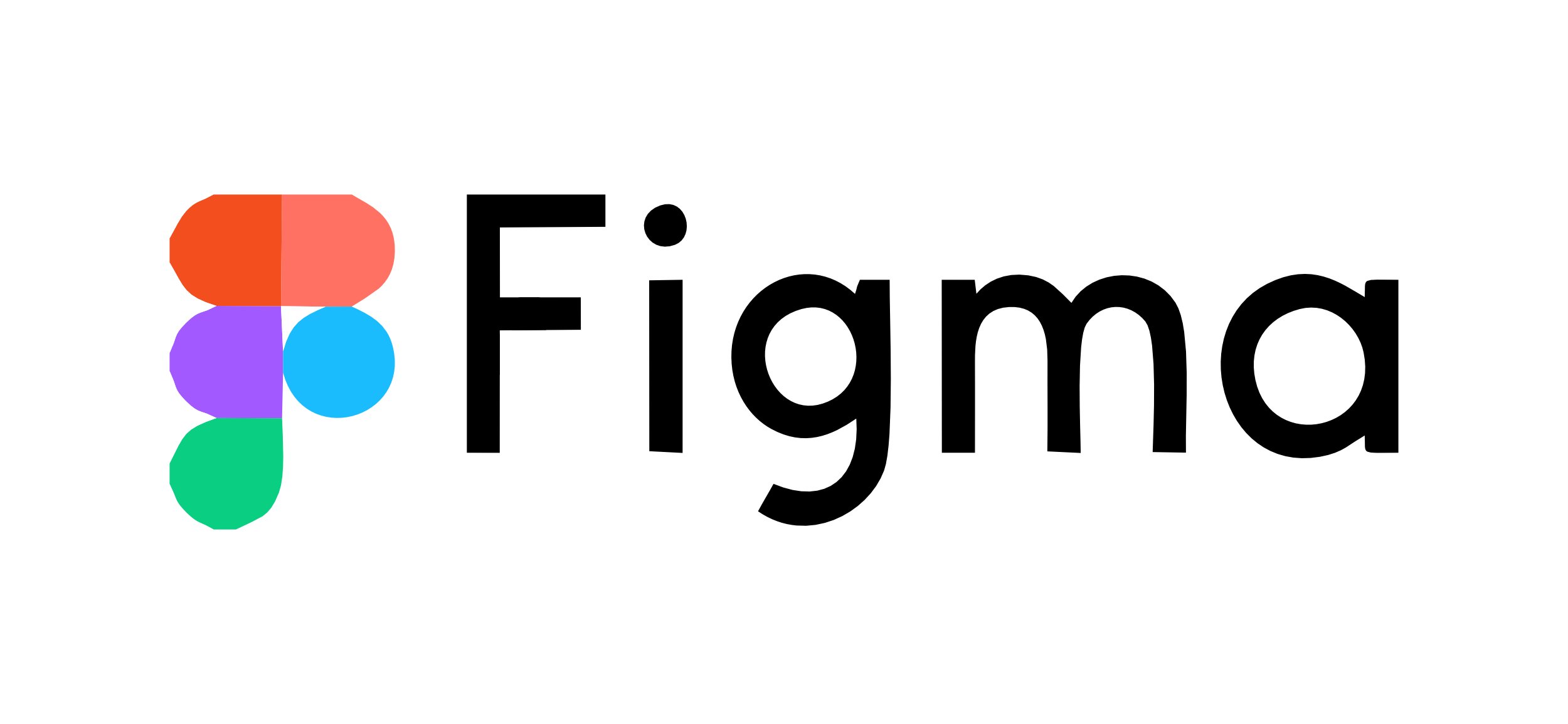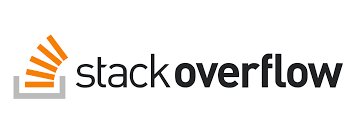Code Related
- What if I can’t code? Can AI tools help me?
- Do I really need to learn coding basics? Is it hard to start?
- What tools and websites can help me get started faster?
- Can beginners really build websites? Any real-life examples?
- What common questions do beginners have? How do I solve problems?
- What should I keep in mind before getting started?
- more...
10 Essential Tools and Learning Platforms for Coding Beginners
Starting your web development journey? Here are 10 must-have tools and platforms—covering AI helpers, code editors, and learning sites—to help you learn faster and smarter.
-
 Visual Studio Code (VS Code)
Visual Studio Code (VS Code)
- Why recommend it? VS Code is the world’s most popular free code editor. It’s perfect for beginners and pros alike, supporting HTML, CSS, JavaScript, and more.
- Pros:
- Free and easy to install
- Tons of useful extensions (like Emmet, Prettier, Live Server)
- Smart code suggestions and highlighting
- Built-in terminal and Git support
- Cons:
- So many features—can feel overwhelming at first
- Needs to be installed on your computer
- Official link: https://code.visualstudio.com/
-
 CodePen
CodePen
- Why recommend it? CodePen is an online playground for writing and sharing HTML, CSS, and JavaScript code. Great for quick practice and showing off your work.
- Pros:
- No installation needed—just open in your browser
- See results instantly as you code
- Browse and remix other people’s projects
- Easy to share your own code
- Cons:
- Free version has some limits
- Not for big or complex projects
- Official link: https://codepen.io/
-
 ChatGPT (or Copilot, Gemini, etc.)
ChatGPT (or Copilot, Gemini, etc.)
- Why recommend it? AI assistants like ChatGPT can answer programming questions, explain code, and even write code for you. Perfect for when you’re stuck or want to learn faster.
- Pros:
- Available anytime, anywhere
- Explains tricky concepts in simple language
- Can generate, review, and debug code
- Cons:
- Best features may require a paid plan
- AI can sometimes give wrong or incomplete answers—double-check!
- Official links:
-
 GitHub
GitHub
- Why recommend it? GitHub is the world’s largest code hosting platform. You’ll find tons of open-source code, learning resources, and real-world projects here.
- Pros:
- Free and open to everyone
- Great for downloading practice code and sharing your own
- Version control and collaboration made easy
- Cons:
- Learning Git basics can be a hurdle for true beginners
- Not designed as a step-by-step learning site
- Official link: https://github.com/
-
 MDN Web Docs
MDN Web Docs
- Why recommend it? Maintained by Mozilla, MDN Web Docs is the most trusted documentation for HTML, CSS, JavaScript, and web technologies.
- Pros:
- Up-to-date, accurate, and detailed
- Lots of examples and tutorials
- Great for both quick lookups and deep dives
- Cons:
- So much info—it can be hard to know where to start
- Not always organized as a beginner-friendly course
- Official link: https://developer.mozilla.org/
-
 YouTube (SuperSimpleDev, Traversy Media, freeCodeCamp, etc.)
YouTube (SuperSimpleDev, Traversy Media, freeCodeCamp, etc.)
- Why recommend it? YouTube has endless free programming tutorials. Perfect for visual learners who like to follow along step by step.
- Pros:
- 100% free
- Learn at your own pace, replay as needed
- Many channels focus on beginners
- Cons:
- Need to search for the right videos
- Some content may be outdated or poorly explained
- Not all videos have subtitles or translations
- Official links:
-
 W3Schools
W3Schools
- Why recommend it? W3Schools is a classic website for learning web basics with simple tutorials and interactive code editors.
- Pros:
- Clear and easy to understand
- Try code directly on the site
- Good for quick references
- Cons:
- Not as deep or modern as MDN
- Some content may be a bit outdated
- Official link: https://www.w3schools.com/
-
 Figma / Canva
Figma / Canva
- Why recommend it? Figma (more advanced) and Canva (super easy) are online tools for designing websites, UI prototypes, banners, and more.
- Pros:
- Drag-and-drop design, no experience needed
- Tons of free templates and design elements
- Figma supports real-time team collaboration
- Cons:
- Some premium features cost money
- Figma has a bit of a learning curve at first
- Official links:
-
 Google Fonts
Google Fonts
- Why recommend it? Google Fonts is a free library of web fonts you can use to make your website look modern and stylish.
- Pros:
- 100% free and open-source
- Easy to add to your website
- Huge variety of fonts in many languages
- Cons:
- Some fonts may load slowly in certain regions
- Customization options are basic
- Official link: https://fonts.google.com/
-
 Stack Overflow
Stack Overflow
- Why recommend it? Stack Overflow is the world’s biggest Q&A site for programmers. Almost any code problem you’ll face already has an answer here.
- Pros:
- Massive community and knowledge base
- Quick answers to almost any coding question
- Learn from real-world coding challenges
- Cons:
- Mainly in English, and sometimes replies can be a bit blunt
- Quality varies—always double-check the answers
- Official link: https://stackoverflow.com/
Tip: If you’re just starting out, combining VS Code, CodePen, ChatGPT (or Copilot), and MDN Web Docs will give you a great learning experience. Try things out, ask for help, and don’t be afraid to experiment!
If you want more suggestions or a step-by-step learning path, just ask!

